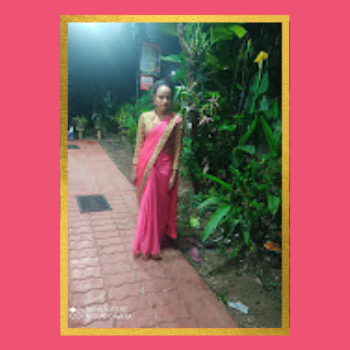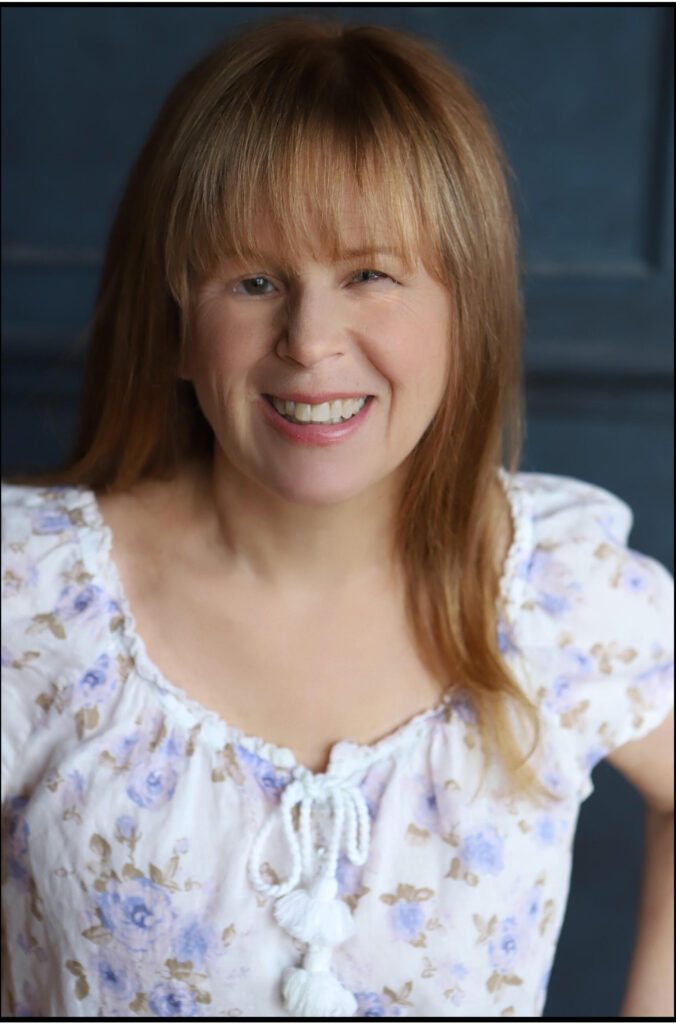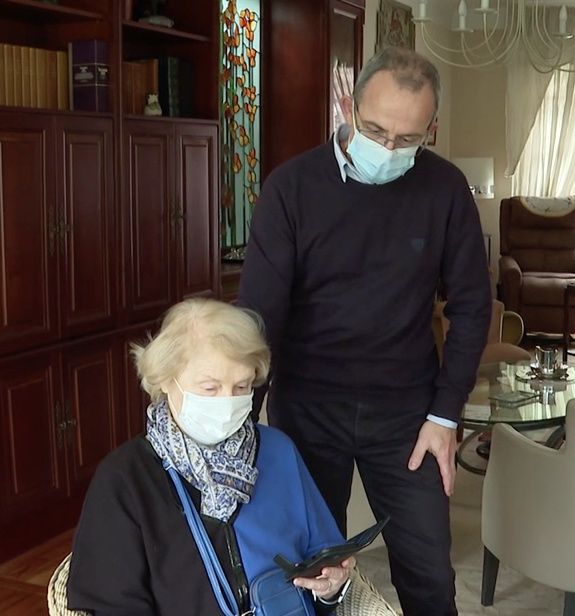No one becomes blind by choice. This is a tough road.
Yet despite the hardships that this condition brings, being blind does not automatically mean that a person is helpless or lacking inabilities or capabilities.
Nor should anyone ever deprive us of the respect and dignity that we deserve within our society.
From the blind person’s point of view, our disability is only confined to our eyes. All the other sensory and intellectual capacities are functioning similar to an abled person – and a blind person has the same creative, analytical and communication skills as anybody else.
We have the ability to design and coordinate projects and programs, as well as the ability to solve problems instantly. We are vigilant, especially with our surroundings, and we have the aptitude to be great listeners.
We are able to accomplish tasks using multiple methodologies and can contribute effectively and efficiently in team environments.
Unfortunately, though, these qualities are often overlooked by the general public who often label us as an unproductive and incapable group.
Such discouraging outlooks have the potential to marginalize the blind community from the wider society, leaving us feeling rejected and forgotten.
Just because a person is physically limited in some way does not mean that their value to the community is diminished.
Such a broad generalization is often what leads to the unfortunate “underutilization” of the human potential that exists within this segment of our society.
Achieving with my blindness – not despite my blindness
I, personally, perform all of my tasks without the use of my eyes, and thus far, I have successfully completed university education – as well as engaging in both the design and coordination of educational and community projects that are of immense benefit to the wider society.
I am also competent in using technology, handling money, using public transport, accessing public institutions and participating in my favorite activities.
Though I live with blindness, this doesn’t mean that I allow it to dominate my life.
Instead, using my other senses, as well as my ability to be creative, flexible and adaptable, I have shown time and again that I am fully able to participate in tasks and that there are always multiple ways to perform any activity.
My endeavor here is to invite people to look at the individual person and his or her unique talents instead of only looking at the perceived limitation. And realize that a disabled person has all the energies, abilities, characteristics, qualities, feelings, ambitions and desires common to all human beings.
When we look at nature, it is so obvious that its beauty is found in its diversity. Nature shows us that not one tree or plant is exactly like another.
Yet we do not judge or compare. In fact, we clearly see the benefit of it all.
So why do we judge each other?
The uniqueness of each human, no matter what form that may take, can only ever add more character and strength to this world. And it’s up to each of us to embrace that.
About the author
Dilani Sandamali holds a Bachelor of Arts from the University of Sri Jayewardenepura and works as an IT instructor at the University of Kelaniya in Sri Lanka. She’s also an audiobook editor and a regular contributor to the Facebook page Power Of Heart.


